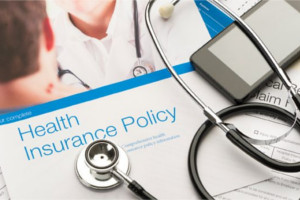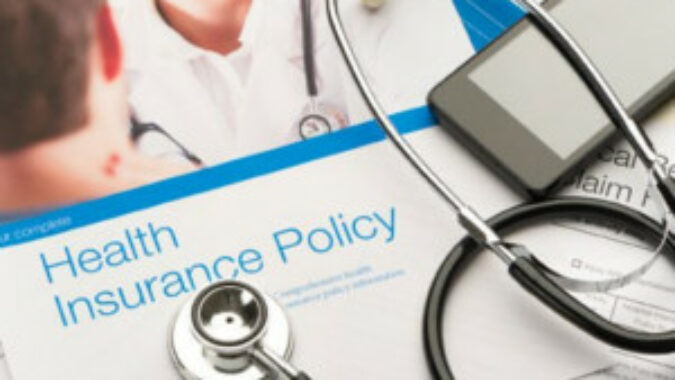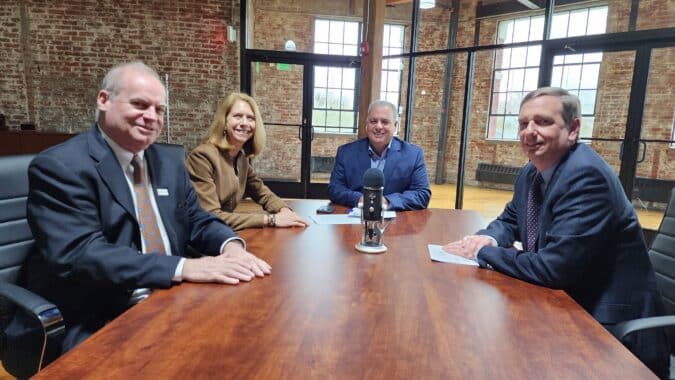 Are health savings accounts what small employers need? Recent actions in Congress suggest that lawmakers at least see them as part of the solution to high health insurance costs.
Are health savings accounts what small employers need? Recent actions in Congress suggest that lawmakers at least see them as part of the solution to high health insurance costs.
As the National Association of Manufacturers (NAM) reports, the House Ways and Means Committee met Wednesday to discuss the merits of health savings accounts (HSAs) and the congressional Joint Economic Committee (JEC) followed up with its own hearing on Thursday.
“We all acknowledge that American healthcare and health insurance are very expensive,” JEC Chairman Erik Paulsen said. “In today’s hearing, we will investigate how HSAs allow Americans to lower the cost of healthcare by drawing on an important area of their expertise: themselves.”
Health savings accounts are tax-exempt savings accounts individuals can use to pay for eligible healthcare expenses. Frequently, employers will match or make contributions into the HSAs for their employee.
Check out NJBIA’s Health Benefits Solutions Options
“Maybe you have one,” writes Catie Kawshak in The Shop Floor, NAM’s blog. “If you do, you already know that they are an important tool to manage your personal healthcare costs. Not only do HSAs deliver savings, but HSAs produce a more informed healthcare consumer who is empowered and incentivized to ask questions about a plan’s coverage, to check prices, to use online tracking tools, and to talk to his or her doctor about treatment options and costs.”
Meanwhile, U.S. Senator Roy Blunt (R-MO) has introduced legislation (S.2802) to increase the annual limit on employee salary reduction contributions to $5,000, revise the adjustment for inflation after 2018, and allow a carryforward into the next year for unused amounts in such plans. The bill is awaiting action in the Senate Finance Committee.
The cost of health insurance continues to be the biggest problem facing employers as a whole. The cost of health insurance premiums reached $7,663 for single HMO coverage and $21,911 for family coverage in the Northeast, according to the Kaiser Family Foundation (Kaiser) and the Health Research & Educational Trust (HRET) annual survey.

